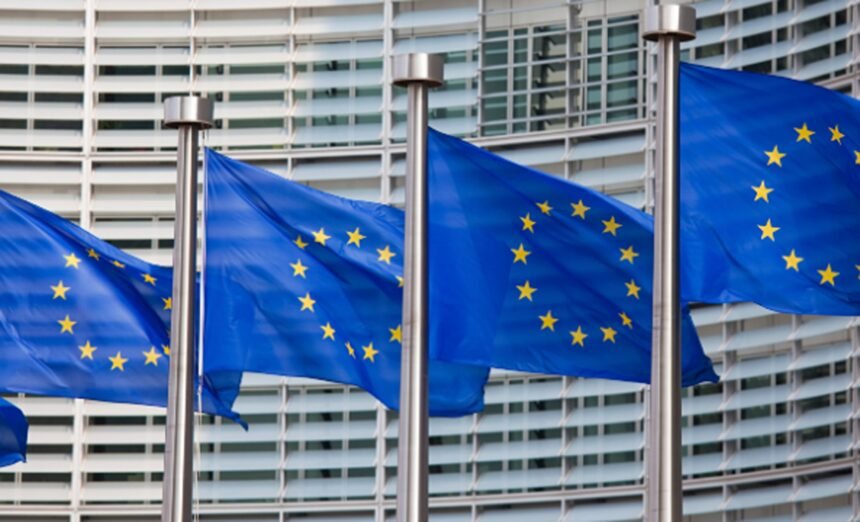The lack of functional institutions in Kosovo is being viewed in Brussels as a major obstacle to the country’s progress toward European integration, and consequently, to the potential lifting of EU measures currently imposed on Pristina.
Speaking at a conference dedicated to EU enlargement, Gert Jan Koopman, Director-General for Enlargement at the European Commission, reminded that Kosovo has not had a functioning government since February. He cited the examples of Albania and Montenegro, which, according to him, are fully focused on EU integration processes, advising Kosovo’s authorities to follow their example.
“My advice for the country is to stay focused in this direction, because without full engagement, it is difficult to move forward. Within the Commission, we are already in the process of lifting the measures after a very tough debate in the EU Council last year.
We would be ready, of course, to prepare an opinion on Kosovo’s membership application, but for that, the Council must invite us to do so — and I believe there should be reflection in Kosovo as to why the Council hasn’t done this yet,” Koopman stated.
The Ambassador of Kosovo to Belgium, Agron Bajrami, responded by emphasizing that Kosovo should not be treated as a country without a government, even though the current one is caretaker by mandate. He stressed that despite many steps taken, punitive measures remain in effect.
“These measures were not a response to any democratic regression in Kosovo. Let me remind everyone that they came after a special situation in the north, which, from our perspective, was about enforcing the rule of law and ensuring that institutions uphold constitutional order,” Bajrami underlined.
A few days earlier, the European Union confirmed that the proper conduct of local elections in Kosovo was being seen as a positive signal toward lifting the measures. However, the EU institutions’ message remains unchanged: the transfer of local power must first take place before any continuation of the lifting process can be considered.
So far, the EU has only removed a few symbolic measures.







